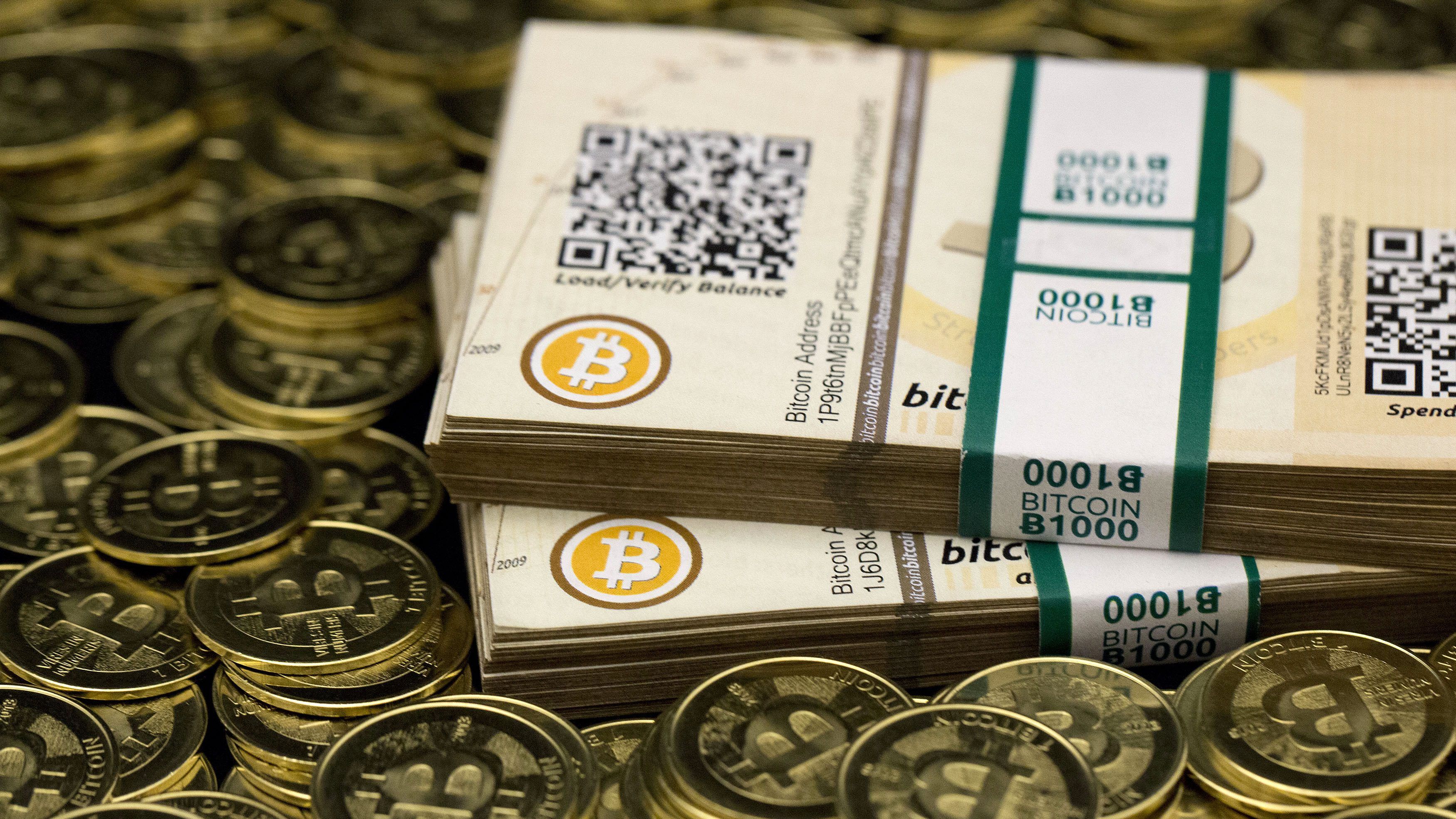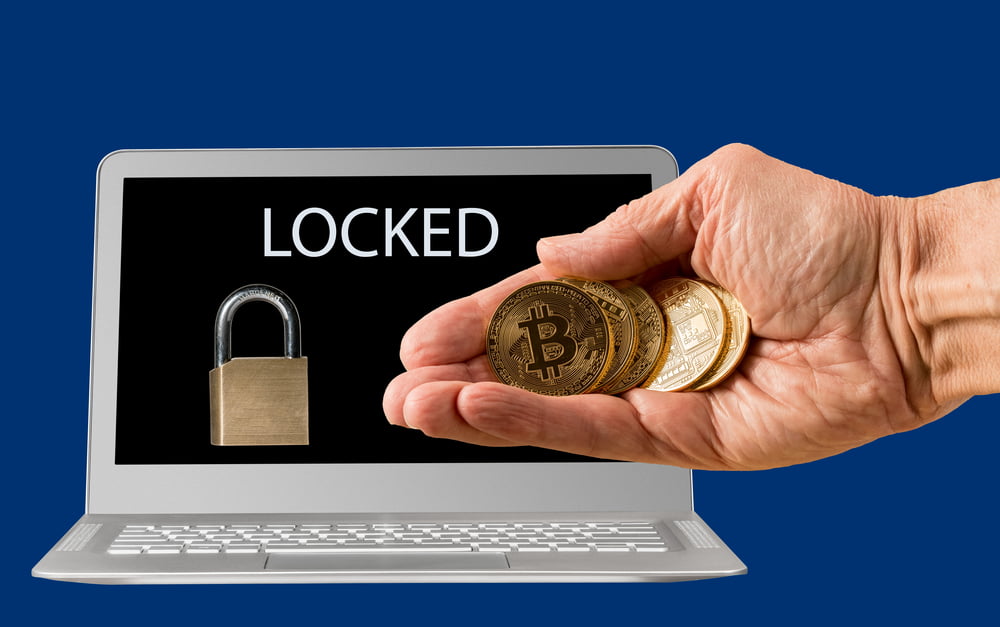Launching Today:
Liberalcoins.com — the First One-Stop-Shop for Cryptocurrency Trading
Let's unite the diverse cryptocurrency market by also facilitating trades between cryptocurrencies.

The next generation of cryptocurrency trading has arrived:
Liberalcoins.com is the first local cryptocurrency exchange that offers Bitcoin and Altcoin trading for cash as well as inter-cryptocurrency trading all under one roof. The new user-friendly platform charges the lowest fees in the market and offers unrivaled security features.
Liberalcoins is the brainchild of entrepreneur Simon Lange, 26, who addresses the need for more flexibility, privacy, and safety in the cryptocurrency exchange market. After two years of development, his international one-stop-shop for crypto trading launches today (13/5/2017). With its secure, intuitive and easy interface, Liberalcoins is perfect for newbies who want to start their crypto portfolio as well as for experienced traders. Users can find local traders via the platform and arrange to meet face to face for cash for Bitcoin or cash for Altcoin exchanges. Alternatively, they can choose from a wide array of wire and transfer services.
Bitcoin/cash trades are charged at 0.5% per completed transaction. This is the lowest fee in the market.
Here’s the brilliant thing: The platform aims to unite the diverse cryptocurrency market by also facilitating trades between cryptocurrencies. This will give users the option of easily balancing their cryptocurrency portfolio, and has potential to further drive the demand for Altcoins on the back of the recent surge in Bitcoin prices. Currently supported are exchanges between Bitcoin, Dash, Monero and Litecoin in any combination, giving traders ultimate flexibility when balancing their portfolio. As Lange puts it, “Liberalcoins has the potential to bring the cryptocurrency community closer together to drive towards a common goal — a stronger integration of digital currencies into our daily lives.”
The company has gone to lengths to offer the best security features on the market: Shortly after launch, users will be able to encrypt access to their assets with a password — an industry first. A built-in escrow system releases the coins after the transaction is completed. Liberalcoins is business validated by Symantec, which also runs daily security checks. Users also benefit from the stringent privacy laws of the Isle of Man and Scandinavia, where servers and email storage are located respectively.
“At Liberalcoins we seek to give traders the opportunity to trade and invest in digital currencies minimizing dependence on the global banking system”, says Lange. “We firmly believe in the future of cryptocurrencies and the security and privacy of our users.” “We strongly advocate that the cryptocurrency market remains free from any governmental regulatory and legal intervention. In an economic reality of historically increasing inflation, rising prices and central bank printing of fiat currencies we are part of the evolution of our financial future.”
Chuck Reynolds
Contributor
Please click either Link to Learn more about Bitcoin.
Alan Zibluk Markethive Founding Member









